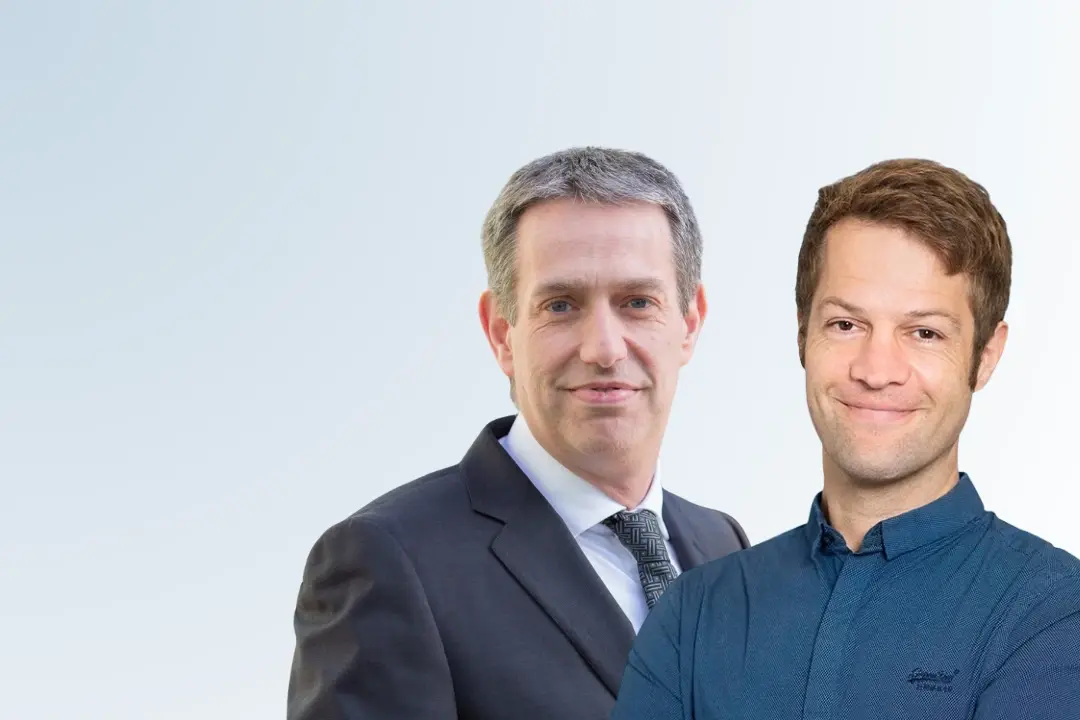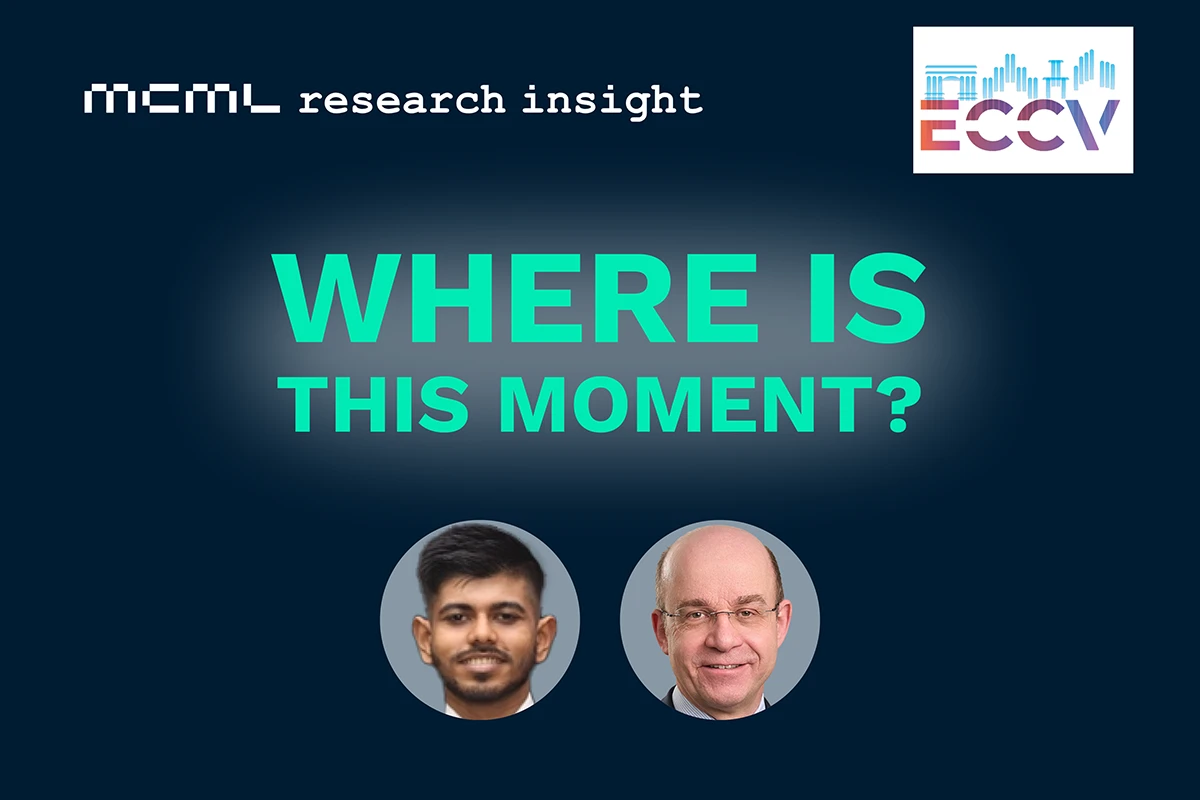24.10.2024
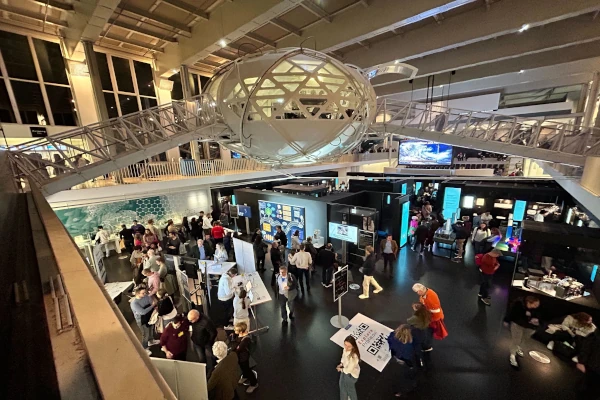
©MCML
MCML-Exhibition at Deutsches Museum
Long Night of Munich Museums
More than 1.000 visitors passed by the Science Communication Lab in the Museum during the Long Night of Munich Musuems. Our MCML researchers Mariia Gladkova, Tarun Yenamandra, Mateo de Mayo, Mia Brandtner and Qadeer Khan were on site providing insights on their research and answered all the questions related to AI.
With the AMELIE exhibit, the MCML invited visitors to learn about the basics of machine learning in a playful and interactive way. On a big, illustrated canvas we showed how AI works and explained the difference between AI and Machine Learning. The Canvas was designed by Laura Ekes.
In a second demo, we showed how it is possible to simultaneously localize and map the environment using a camera and a connected IMU sensor. The method is called DM-VIO and can be used in self-driving cars, for example.
We also provided an insight into Stable Diffusion, a deep learning model that generates images from text descriptions. We explained how Stable Diffusion learns the connection between image and text through a latent diffusion model process and invited the visitors to try out Stable Diffusion for themselves.
For the 25th year, 'More museum for everyone!' brought together over 100 institutions, creating a night filled with art, culture, science, and technology.
Related
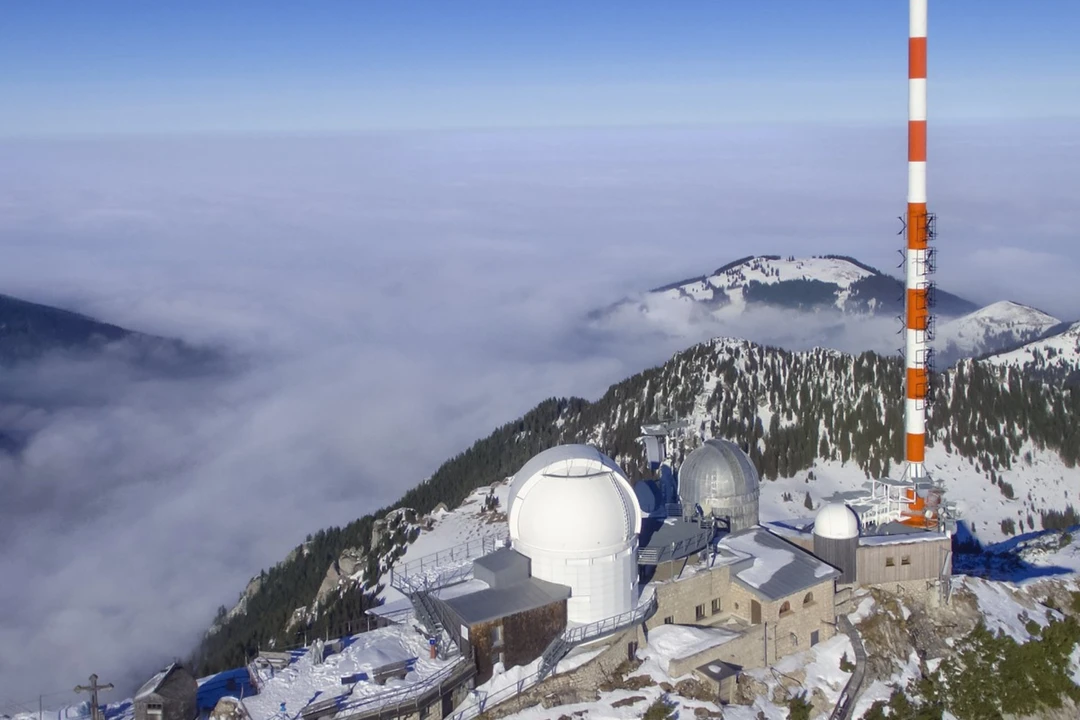
24.02.2026
Cosmology: Measuring the Expansion of the Universe With Cosmic Fireworks
Daniel Gruen leads LMU’s campaign on rare SN Winny to refine the Hubble constant and address the Hubble tension in cosmology.
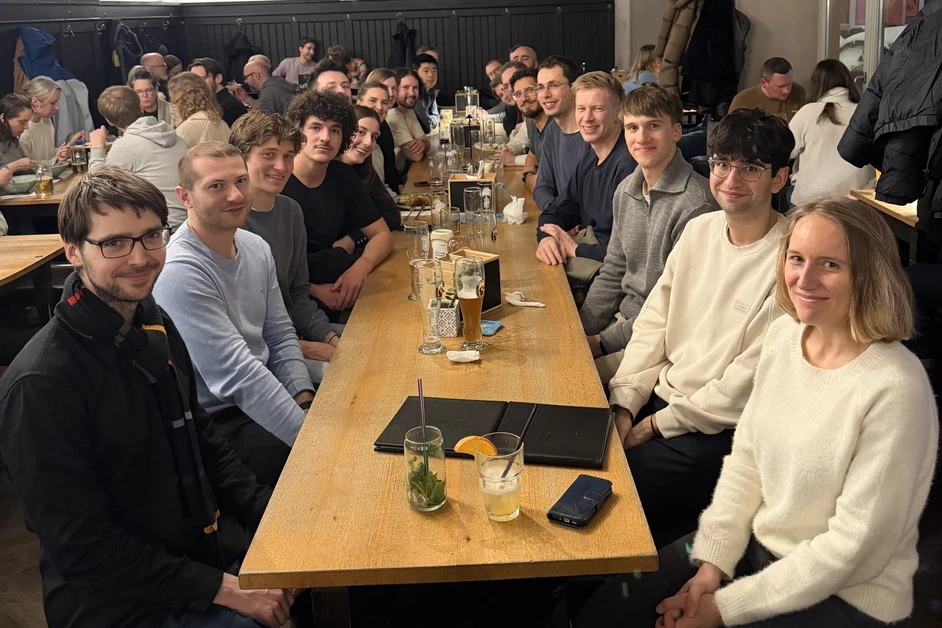
20.02.2026
MCML Stammtisch - Recap
The MCML-Stammtisch was a great opportunity to connect our members across disciplines and enjoy some relaxed conversations outside the labs
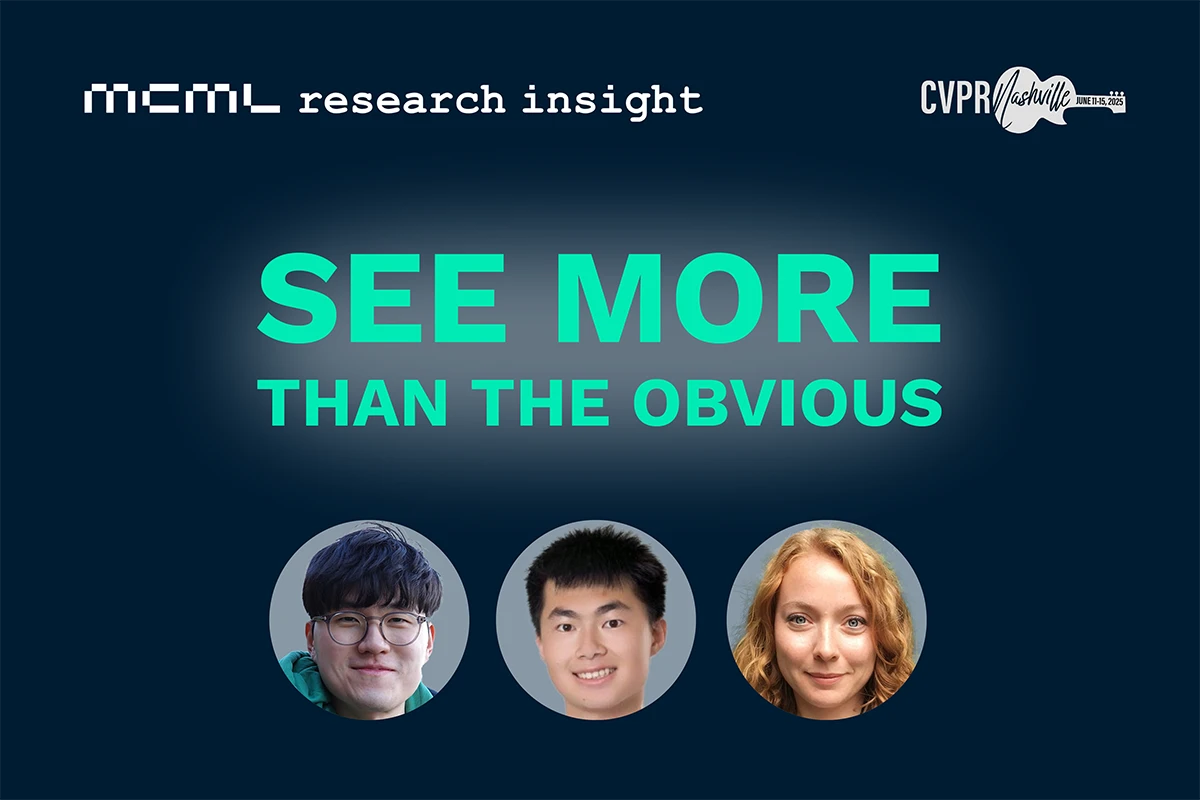
19.02.2026
COSMOS – Teaching Vision-Language Models to Look Beyond the Obvious
Presented at CVPR 2025, COSMOS shows how smarter training helps VLMs learn from details and context, improving AI understanding without larger models.
